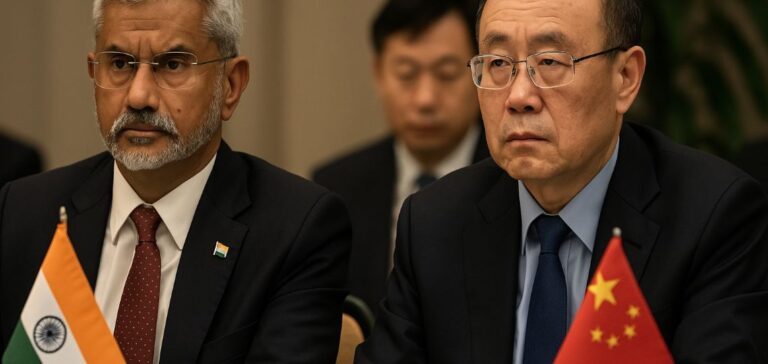The People’s Republic of China has called on BRICS member countries to enhance coordination in countering unilateral environmental measures that it claims distort international trade flows. This statement was delivered by Minister of Environment Huang Runqiu during the 11th BRICS Environment Ministers’ Meeting, held in Brasilia, Brazil, on April 3, according to China Environment News, the official publication of China’s Ministry of Ecology and Environment.
The Chinese minister specifically criticised initiatives such as the European Union’s Carbon Border Adjustment Mechanism (CBAM) and the growing imposition of tariffs on clean energy products. He asserted that these unilateral instruments undermine the balance of international climate commitments and obstruct the transition toward a global low-carbon economy.
Call for a multilateral regulatory framework
Huang stated that BRICS should reinforce their unity to uphold the United Nations Framework Convention on Climate Change (UNFCCC) and the Paris Agreement as the basis for the global regulatory structure. He stressed that cooperation within BRICS is essential to mitigate the effects of supply chain decoupling and rising trade protectionism.
China, the world’s largest steel producer, considers itself particularly affected by the CBAM, which will impose a carbon tax on imports of emission-intensive products into the European Union starting in 2026. Huang declared that China holds the largest global infrastructure for clean energy generation and low-emission steel production, thus highlighting the stakes involved in this European regulation.
Climate finance and regulatory disparities
India also used the meeting to underscore expectations surrounding the upcoming United Nations Climate Change Conference (COP30), scheduled to take place in Belém, Brazil, later this year. In a statement issued on April 3, India’s Ministry of Environment, Forest, and Climate Change introduced the so-called “Baku to Belém” roadmap, aimed at securing USD 1.3 trillion in funding for nationally determined contributions (NDCs).
India argued that the commitments made during COP29 in Baku—USD 300 billion annually by 2035 under the New Collective Quantified Goal on Climate Finance—remain inadequate. New Delhi thus backed Beijing’s call for BRICS to present a unified stance in international forums, representing the interests of developing countries in response to regulatory developments emerging from the Global North.






















